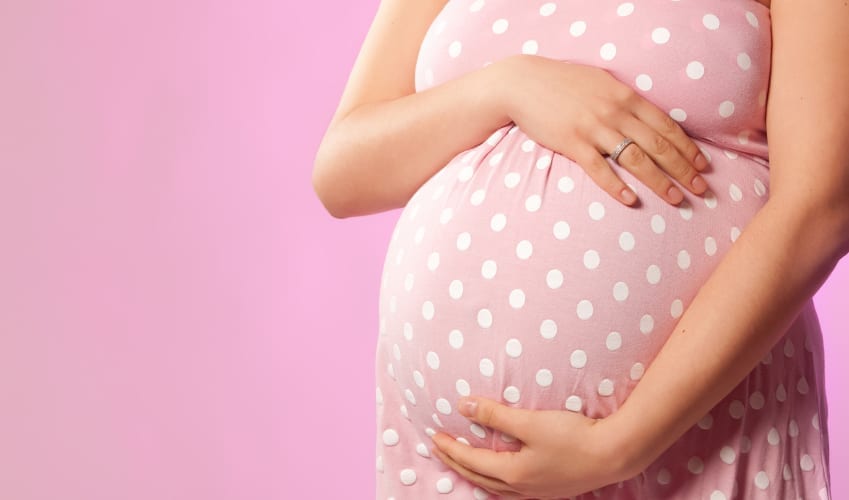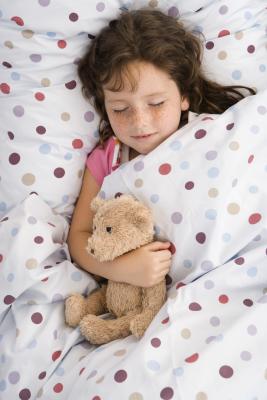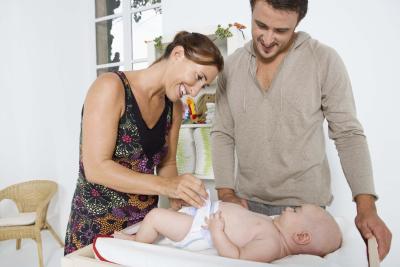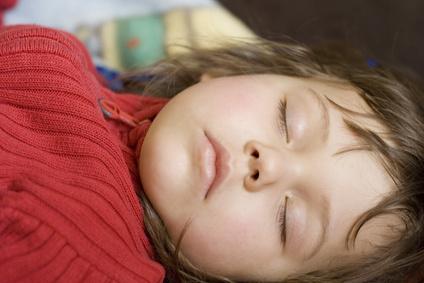Search Results for: central position
Five Common Pregnancy Fears That (Almost) Never Happen
When you’re pregnant, it’s hard not to feel overwhelmed by all the advice you receive from well-meaning friends and family members. But don’t fret! ModernMom columnist Princess Ivana Pignatelli (she’s a real life princess, no kidding!) has written an amazing bookto help expectant moms wade through a sea of information overload.
Energy Drinks: The Danger Of Creating “Wide-Awake Drunks”
This is Part III of Bright Beacon’s series on Energy Drinks. Don’t miss Part 1 -“Energy Drinks: Do You Know What Your Kids Are Drinking?”and Part II -“Skip The Speed: 5 Reasons Teens Should Avoid Energy Drinks”What’s the number one reason why kids should avoid energy drinks?AlcoholWhile alcohol is not an explicit ingredient in energy drinks, recent news events have reminded us that adolescents frequently mix energy drinks …
Sleep Terrors in Children
Nightmares occur in some children at various points in childhood. Sleep terrors or night terrors go beyond a typical nightmare to a confusing and upsetting state. Night terrors don’t occur during REM sleep like nightmares. According to Kids Health by Nemours, sleep terrors are more of a reaction than an actual nightmare, usually occurring as the child moves to a different phase of sleep.
Baby Changing Table Safety
A changing table is often used at home as a central diaper-changing station. While this piece of baby furniture comes in handy, it also presents a safety risk for your young child. Safety considerations start with the changing table you buy. The way you position and use the table also affects your baby’s safety.
Symptoms of Sleep Apnea in Children
Sleep apnea in children is classified as either obstructive (caused by an obstruction), central or mixed. Central sleep apnea has a neurological cause, while mixed means that the apnea is caused by an obstruction and by a problem in the brain. Obstructive sleep apnea is by far the most common, according to the American Sleep Apnea Association, affecting up to 3 percent of children between the ages of 2 and 6.




